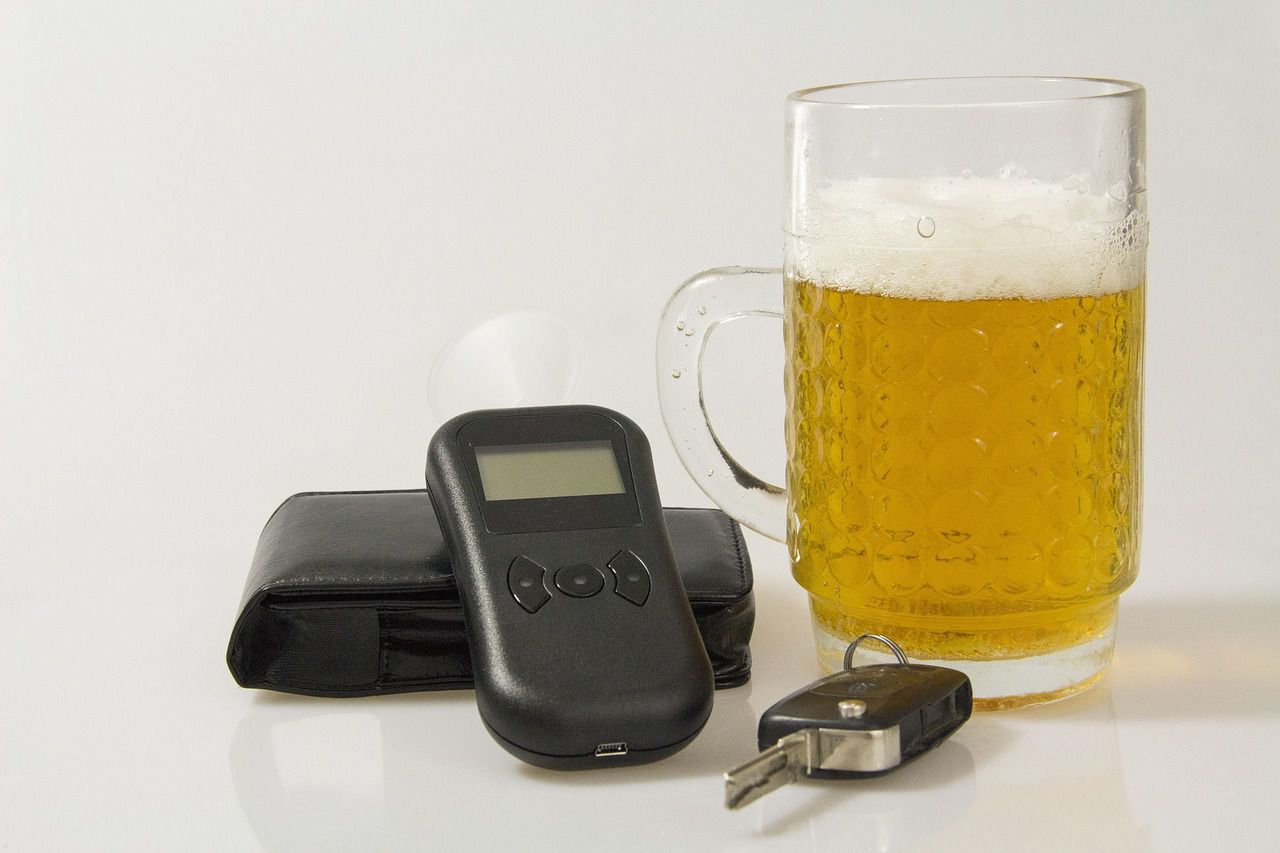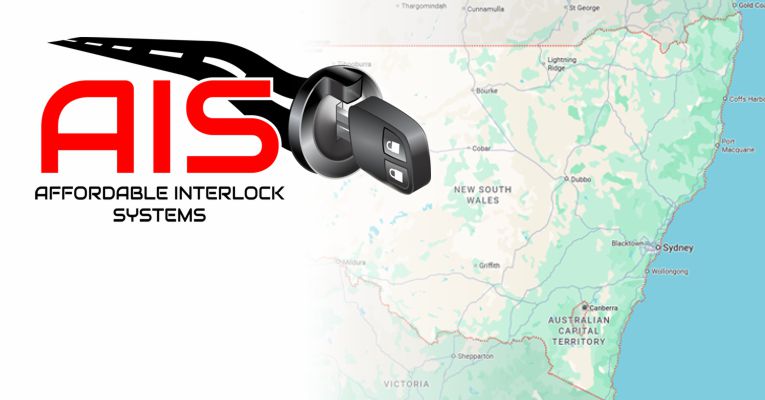Whether behind the wheel or walking on foot, we all benefit from roads free of drunk driving. Yet it remains a pervasive problem in Australia and around the world. Data shows tens of thousands of drink drivers are detected by random breath tests each year across the country. But what happens after? Picking up the pieces and perhaps more importantly, minimising the risk of recurrence, requires tangible solutions. Investing in measures that work to rehabilitate individuals in an empowering yet measured way. Car breathalyser devices have the potential to be that solution
What Is a Car Breathalyser Device?
A car breathalyser device, also known as an ignition interlock device (IID), is a piece of technology that connects directly to a vehicle's ignition system. It uses sophisticated breath analysis technology to measure blood alcohol content before allowing vehicle operation. Just like the breathalysers employed by law enforcement in road checks, car breathalysers can detect even trace amounts of alcohol with high accuracy.
The difference is that they're primarily meant for prevention. Where a police officer might use a breathalyser to prove a driver's impairment after finding them on the road, pre-installed car breathalysers act proactively by preventing vehicle operation in the first place. Devices are designed to be tamper-resistant and reliable; properly installed units can function consistently for years with minimal maintenance required.
Who Uses Car Breathalyser Devices?
Car breathalyser devices serve multiple user groups. Courts frequently mandate their installation for individuals convicted of drunk driving offenses as a condition of license reinstatement. Some commercial fleet operators voluntarily implement them across their vehicles as a proactive safety measure. Concerned family members also often choose to install these devices to help loved ones maintain sobriety while rebuilding trust and independence on the road.
Car breathalyser devices have proven particularly effective for:
- First-time offenders seeking to demonstrate rehabilitation
- Commercial drivers operating heavy vehicles
- Individuals in alcohol recovery programs
- Organisations prioritizing road safety compliance
- Parents of young drivers promoting responsible habits
.
The Dire Need for Car Breathalyser Devices
With over 1,000 alcohol-related road fatalities occurring annually in Australia, the need for effective preventive measures has never been more urgent. Each tragic incident not only devastates families but also places an enormous burden on our healthcare system and emergency services. The financial cost to society extends into billions of dollars each year through medical expenses, property damage, and lost productivity. Beyond the measurable impacts lies an incalculable toll of emotional trauma and broken communities.
Traditional enforcement methods, while necessary, often react to incidents after they occur. Despite increased police presence and public awareness campaigns, drunk driving continues to persist as a significant road safety challenge. The reality is that people in rehabilitation need checks and balances. When another person isn't there to step in, technology can fill that crucial gap.
Where and How Car Breathalyser Devices Can Be Meaningfully Adopted
We know car breathalyser devices have the potential to make our roads substantially safer. The challenge is adapting the status quo. Because as it stands, not everyone fully appreciates how these devices could revolutionize road safety. There's still skepticism about their reliability, concerns about privacy, and resistance to change. Some view them as punitive rather than protective measures. Others worry about the cost and inconvenience of installation. Yet when we consider the alternative - continued loss of life and devastating injuries - these objections begin to pale in comparison.
What's needed now is a coordinated approach to implementation. Plenty of jurisdictions around the world provide real-life road maps - no pun intended - for what that could look like in Australia. For example, the United States has begun developing national standards for alcohol detection systems in all new vehicles. Several European nations have already implemented mandatory breathalyser requirements for certain driver categories. Sweden's Vision Zero road safety initiative includes widespread deployment of IIDs, while France once required all vehicles to carry portable breathalysers.
Affordable Interlock Systems (AIS) was founded in the belief that everyone deserves access to life-saving road safety technology. Our mission is to remove barriers to adoption by making the interlock process as straightforward and dignified as possible. This commitment extends beyond just providing equipment - we aim to be a trusted partner in our clients' journey toward restored driving privileges. Learn more about how we're working to transform road safety across Australia by exploring the Affordable Interlock Systems (AIS) website.





